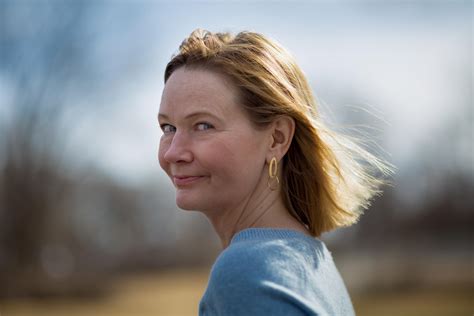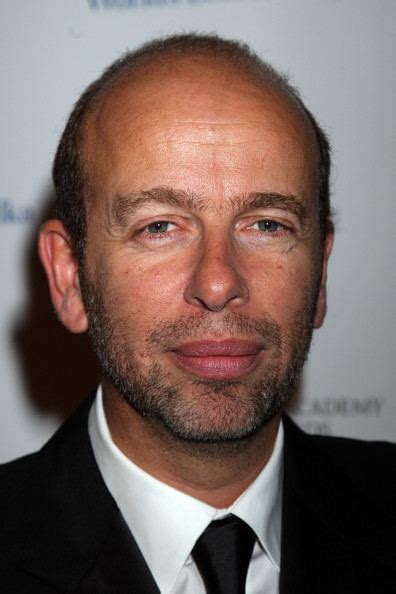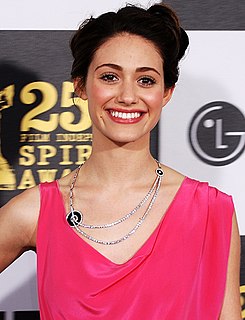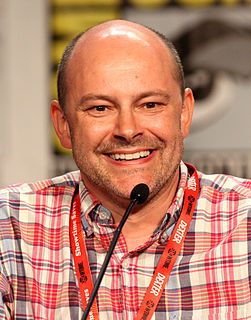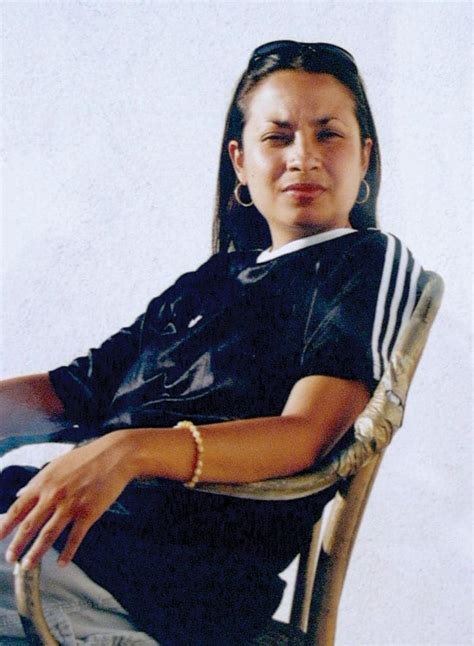A Quote by Simon Pegg
Sometimes you just wish you could make a film and then have it on DVD so you can see your mom. But, no, I've never really had that moment. Not really. Not seriously.
Related Quotes
Shooting stars are not really stars at all but meteorites, burning their way through our atmosphere, sometimes landing in the oceans and in the middle of farms...you could make wishes on them if you like, but they are really just pieces of rock falling down from the sky, and they could land on your head and kill you just as you look up to make a wish. Really, they're just rocks. They don't care about your wishes at all.
I can't say that I am a DVD junkie. I see most films that I want to see in the theater, and so most of my DVD-watching is catching up with the occasional movies that I missed or revisiting a film that I really care about, in which case I really want the extra channels, because it's a movie that I already love, and I want to know more about it.
When you're making a film, you don't really have time to consider what the whole of your film is. And then, when you're releasing your film and promoting your film, you're looking at it in a different way. Then, as you move away from it, you start to look at it objectively and think, 'What could I have done better?'
Now there's always exceptions to that and the reason is if the film doesn't really work, whereas before you could rely on a decent amount of DVD sales to prop up the revenue to ensure that you got out in a decent manner, now if the film doesn't work, the film doesn't work and there's none of that DVD revenue to fall back on and you can lose a huge, huge sum of money on a big budget movie.
Theater is such a different ballgame than film. And that's really why I stayed in film, because I really love the reality of connecting with your own feelings, and really putting that across in a realistic way. In film, the smallest muscular movements in your face, that are produced just by sheer feelings, you're not controlling them in anyway, can be seen by people in the audience because your face is sometimes, frighteningly, 40 feet wide!
In the '60s when I started to see everything I could see, you could see pretty much everything which was still available from the '30s, '40s, '50s, '60s, and therefore I had an education which was really large and vast in different cinema. That's probably the reason I did not fall for the New Wave. It's really the love of the movies that made me want to become a cameraperson, definitely. I was really a film buff.
[A]s soon as you try and take a song from your mind into piano and voice and into the real world, something gets lost and it's like a moment where, in that moment you forget how it was and it's this new way. And then when you make a record, even those ideas that you had, then those get all turned and changed. So in the end, I think, it just becomes it's own thing and really I think a song could be recorded a million different ways and so what my records are, it just happened like that, but it's not like, this is how I planned it from the very beginning because I have no idea, I can't remember.
To be honest with you, my mom never really wore makeup when I was growing up. She wasn't really my makeup muse. It was my grandma. The biggest thing that she taught me is that it doesn't matter how your makeup comes out, it's really just how you wear it. If you carry it like you killed your makeup, then that's all that matters.
First, there has been a lot of interest in The Drive-in, but, alas, it hasn't actually come to fruition. Maybe soon. Don really got Bubba and I didn't think it could be a film. I thought it was too odd to make it to film. He asked me to do the screenplay, but I declined. I didn't see that it could be a screenplay but he wrote one and proved me wrong. He was always considerate about what I thought about the film and the story's presentation, but in the end, he's the director and he had to make decisions. All good ones.
One of the things that I learned is that you never truly know yourself until you challenge yourself. It is when you are confronted with challenges that you see what you are really made of, what is important to you and what your true aspirations are...sometimes you think that you really know yourself, and then you find out that you really don't.

